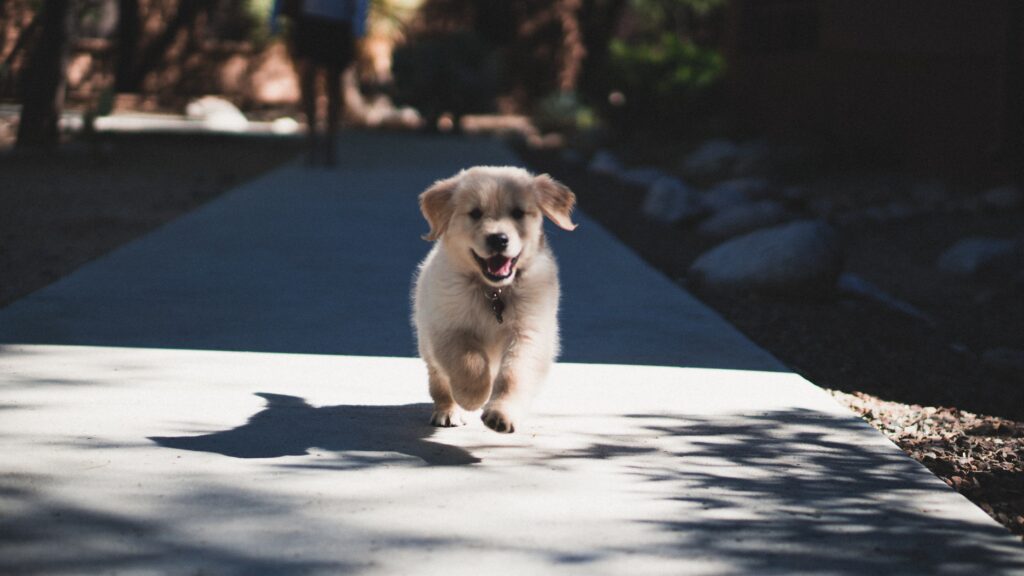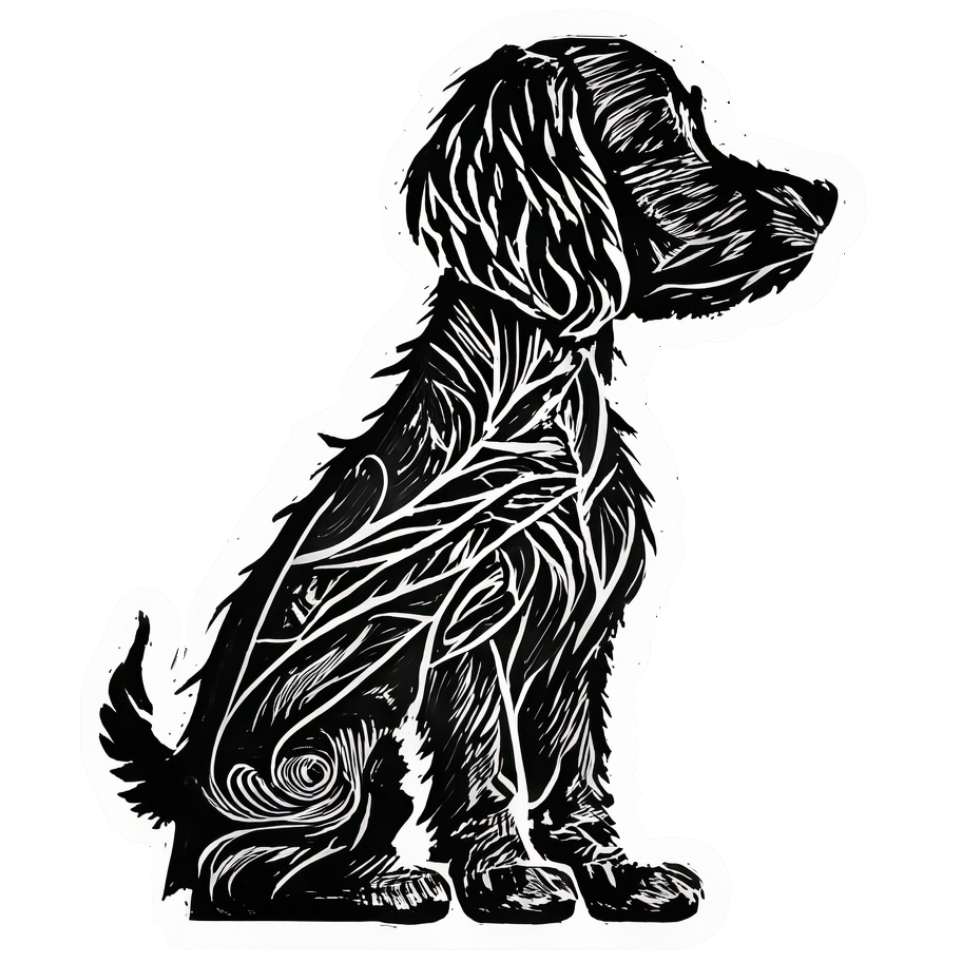
Puppyhood is a time of rapid growth, learning, and social development. As puppies grow, they go through various stages where they learn to interact with other dogs, humans, and their environment. Understanding these social development milestones is crucial for dog owners, trainers, and breeders to provide the right socialization, training, and care. In this article, we’ll explore the key milestones in puppy social development, offering insights into what to expect and how to support healthy social growth.
Neonatal Period (0-2 Weeks)
During the neonatal period, puppies are entirely dependent on their mother and littermates for warmth and nourishment. Social development is minimal at this stage, but early handling by humans can begin to lay the foundation for future socialization.
Transitional Period (2-4 Weeks)
The transitional period marks the beginning of social interaction. Puppies start to engage with their littermates, play, and explore their immediate surroundings. Exposure to gentle handling by humans continues to build positive associations.
Socialization Period (4-12 Weeks)
The socialization period is a critical window for social development, where puppies learn essential skills and behaviors:
4-8 Weeks
- Interaction with Littermates: Puppies learn to play, communicate, and establish social hierarchies within the litter.
- Introduction to Humans: Positive interactions with various people help build trust and confidence.
- Exposure to Environments: Introducing different sounds, textures, and experiences fosters curiosity and adaptability.
8-12 Weeks
- Continued Socialization: Continued exposure to various people, animals, and environments is vital.
- Basic Training: Introduction to simple commands and positive reinforcement builds communication and obedience.
- Transition to New Homes: If applicable, puppies may transition to new homes, where socialization and training continue.
Juvenile Period (3-6 Months)
During the juvenile period, social development continues to evolve:
- Social Play with Other Dogs: Interaction with other well-behaved dogs helps reinforce social skills.
- Ongoing Training: Consistent training and positive reinforcement strengthen communication and responsiveness.
- Exposure to New Situations: Continued exposure to various situations, people, and animals fosters adaptability and confidence.
Adolescence (6-18 Months)
Adolescence is a time of testing boundaries and further social development:
- Reinforcement of Social Skills: Continued social interaction and training reinforce positive behaviors.
- Managing Adolescent Behaviors: Patience and consistency are key as puppies may test limits and exhibit fluctuating social behaviors.
Puppy social development is a fascinating and multifaceted journey, filled with growth, learning, and bonding. Understanding these milestones equips dog owners, trainers, and breeders with the knowledge and tools to raise socially well-adjusted, confident, and happy dogs. Dogipedia is your go-to resource for comprehensive information on all aspects of dog ownership and care. Explore our extensive collection of articles, guides, and resources, and let us support you in your journey with your furry friend. Whether you’re navigating the joys and challenges of puppyhood or seeking insights into adult dog care, Dogipedia is here for you every step of the way!
